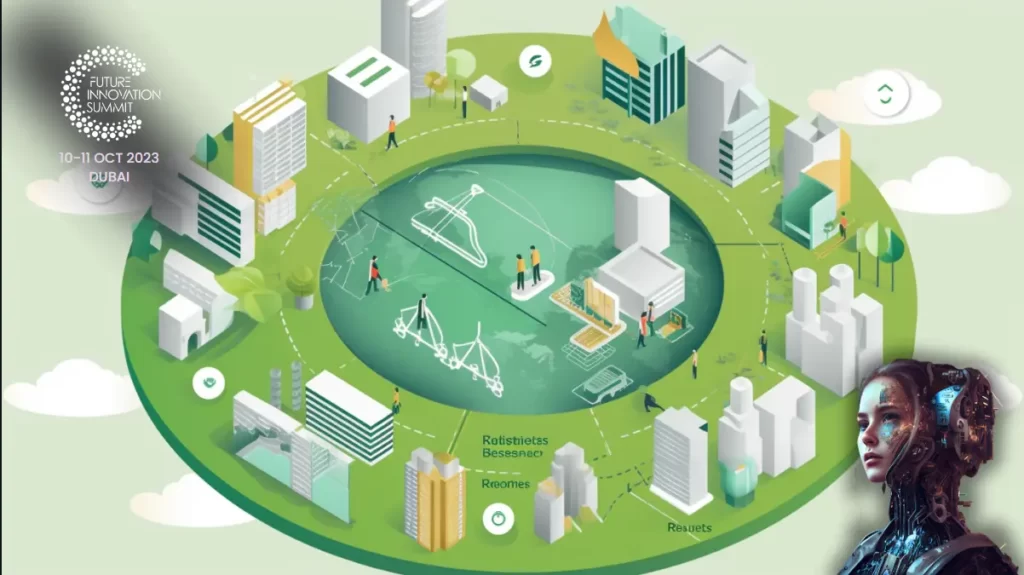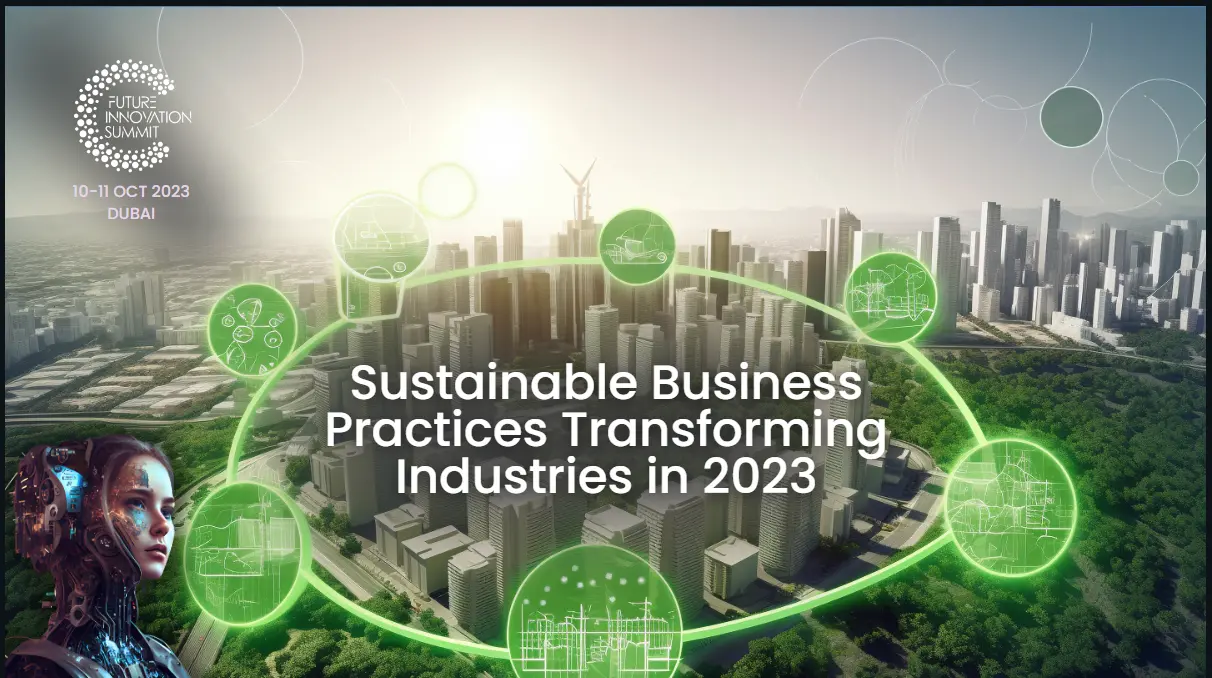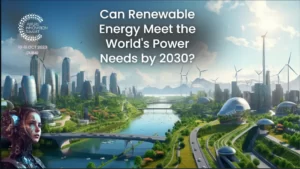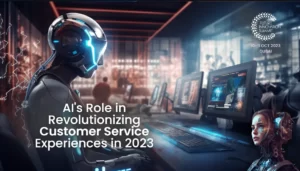Sustainable Business Practices: As we progress into the 21st century, it becomes increasingly crucial to prioritize sustainable business practices. With mounting environmental concerns and societal pressures, companies worldwide are making significant changes to their operations, ensuring they positively impact society and the environment while maintaining profitability. A substantial transformation across various industries marks 2023 as they incorporate sustainability into their core business strategies.
The Rise of Circular Economy
One of the significant trends shaping business practices in 2023 is the rise of the circular economy – an economic system that aims to eliminate waste and the continual use of resources. Companies increasingly adopt this approach, shifting away from the traditional ‘take-make-waste’ linear model. They are designing products to be reused, repaired, and recycled, minimizing waste and reducing their environmental footprint.
A notable example is the fashion industry, historically infamous for its environmental impact. Brands now focus on creating clothes from recycled or bio-based materials, encouraging customers to return old items for recycling, and implementing manufacturing processes that minimize waste and energy use.

Sustainable Supply Chains
Supply chains are another critical area where sustainable practices are making a significant impact. Companies demand transparency and implement strict environmental and social standards for their suppliers. They are investing in technologies like blockchain to track and verify the sustainability credentials of their products from source to store; This is particularly prevalent in industries like food and beverages and electronics, where consumers are increasingly demanding to know that their products are responsibly sourced.
Green Energy Transition in Sustainable Business Practices
The transition to green energy is also influencing sustainable business practices. Companies are switching to renewable energy for their operations and investing in clean energy projects. Tech giants like Google and Apple are now running their data centers on renewable energy, while auto manufacturers are investing in electric vehicles and renewable energy infrastructure.
The Role of Digital Technology
Digital technology is playing a pivotal role in this sustainability transformation. Advanced analytics and AI are helping companies to optimize their operations, reduce waste, and improve energy efficiency. Digital twins – virtual replicas of physical systems – are growing, allowing companies to test and optimize their processes in a virtual environment before implementing changes in the real world.

Consumer Demand for Sustainability
The business landscape is also being shaped by changing consumer attitudes. Today’s consumers are more environmentally conscious than ever before. They are willing to pay a premium for sustainable products and services. Companies are responding by offering functional, high-quality products with a reduced environmental impact. From sustainable fashion brands to eco-friendly home goods, businesses across sectors are catering to this growing demand and reaping the rewards.
Regulations and Standards
Furthermore, regulations and standards are crucial in adopting sustainable business practices. Governments worldwide are implementing strict environmental laws, encouraging businesses to adopt green practices. Similarly, industry standards and certifications related to sustainability are gaining importance. They provide a framework for companies to measure their environmental performance and demonstrate their commitment to sustainability to stakeholders.
Sustainability as a Competitive Advantage
While costs are associated with transitioning to more sustainable practices, many businesses view sustainability as an investment rather than an expense. They recognize that sustainability can offer a competitive advantage, helping to differentiate their brand, attract and retain customers, and foster innovation. Some companies leverage their commitment to sustainability to gain market share and even command a price premium.
Looking Ahead For Sustainable Business Practices
Eventually, 2023 is witnessing the acceleration of a shift toward sustainable business practices across industries. The adoption of circular economy principles, focus on sustainable supply chains, transition to green energy, and digital technologies, combined with changing consumer demands and evolving regulations, are driving businesses to reevaluate and transform their practices. The move towards sustainability is not just about corporate responsibility; it’s also about creating value and ensuring long-term business resilience and success. As we look to the future, it’s clear that sustainability will continue to be a significant driving force in the business world.
Businesses must not view sustainability as a passing trend. Instead, it’s a new way of thinking about how we do business, considering our actions’ environmental and social impacts. It’s about future-proofing operations and ensuring companies continue to thrive in the face of new challenges and a rapidly changing world. And most importantly, it’s about providing the longevity of our planet for future generations.
Conclusion – Sustainable Business Practices
The year 2023 is an exciting time for sustainable business practices. Companies are innovating and adapting to global environmental and social challenges, making sustainability a crucial aspect of business. Industries are transitioning to circular economy models, sustainable supply chains, green energy, and digital technologies to ensure a sustainable future. These changes benefit the planet and drive innovation, operational efficiency, and long-term business success.
- Summit topics: AI – Sustainability – EduTech – HelthTech – FinTech
- Visit our LinkedIn page.
- Images are generated by AI.










